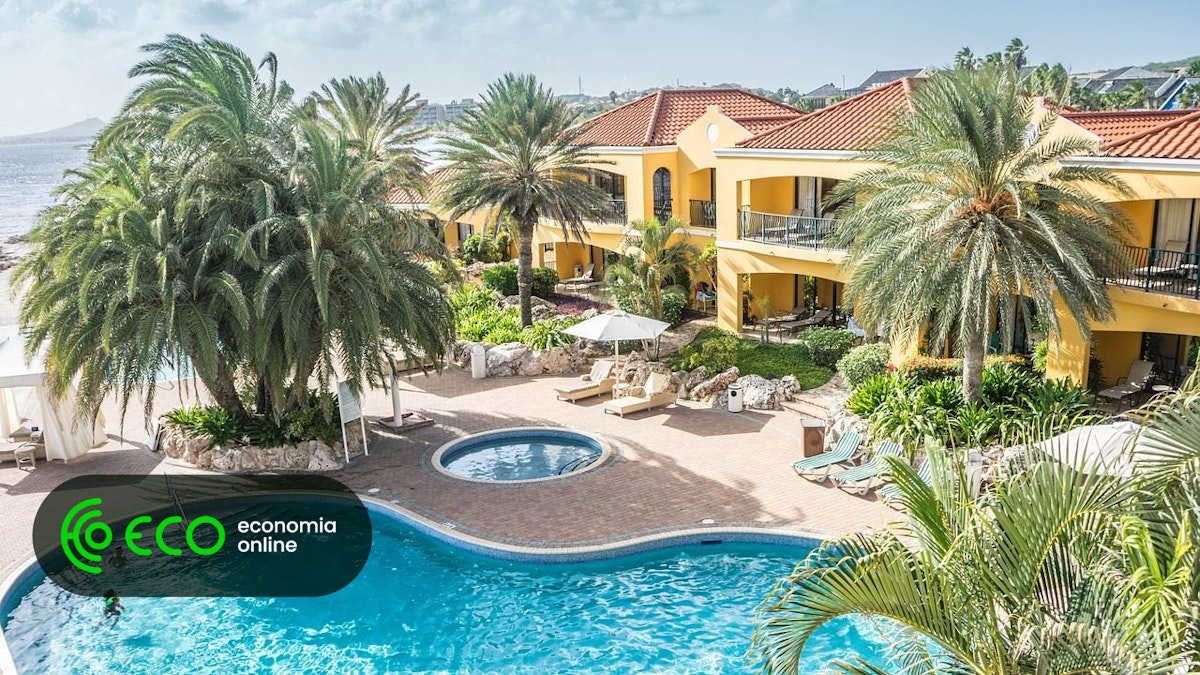Portuguese Resort Industry Opposes Proposed Property Tax Hike for Foreign Buyers
The Portuguese Association of Residential Tourism and Resorts (APR) has formally expressed significant concern regarding the government's announced plan to increase the Municipal Property Transfer Tax (IMT) for non-resident foreign property buyers. The policy was unveiled as part of a larger package of measures intended to address the nation's housing crisis. The APR is advocating for specific exemptions, arguing that a blanket tax increase would be detrimental to key sectors of the national economy.
The association's primary policy recommendation is that the IMT increase should not be applied to tourist resorts or properties located in Portugal's low-density regions. Pedro Fontainhas, the executive director of the APR, stated that the housing pressure is primarily an urban issue. “Tourist resorts, located outside urban centers, do not compete with the primary housing market for the Portuguese,” he explained. “Therefore, penalizing foreign investment in tourist developments outside urban centers, often in low-density territories, is a strategic mistake that will only bring loss of investment, employment, and tax revenue to these regions.”
In its official communication to the government of Prime Minister Luís Montenegro, the APR outlined a three-pronged appeal. The association requests the exclusion of tourist resorts in low-density areas from the tax hike, a commitment to base fiscal policy on empirical data and economic impact studies rather than broad perceptions, and the maintenance of a stable and predictable tax environment, which it deems essential for attracting and retaining foreign investment. This position reflects the industry's view that foreign investment in resort properties is a separate market segment that does not exacerbate the housing affordability issues in cities like Lisbon and Porto.
Need Expert Guidance?
Get personalized insights from verified real estate professionals, lawyers, architects, and more.
To substantiate its claims, the APR referenced a comprehensive macroeconomic study conducted by Nova SBE. According to the report, the residential tourism and resort sector generated €96.8 billion in Gross Value Added and supported over 2.8 million jobs between 2014 and 2023. The study quantified the direct contribution of non-resident buyers, who added €672 million to the economy, paid €402 million in IMT, and created over 9,000 jobs. Fontainhas emphasized the importance of this investment for the economic and social development of regions such as the Algarve, Alentejo, Madeira, and the Azores.
The government's proposal is part of its “Construir Portugal” (Build Portugal) initiative, which aims to cool the housing market and increase affordability for local residents. However, the APR and other industry bodies, like the Portuguese Association of Real Estate Developers and Investors (APPII), have warned that such measures could send a negative message to international investors. The debate highlights the delicate balance the government must strike between addressing domestic social needs and maintaining the country's attractiveness for foreign capital, which has been a significant driver of economic growth. The final details of the IMT legislation and whether it will include the requested exemptions remain to be seen. Understand policy impacts on your Portugal property plans at realestate-lisbon.com.






